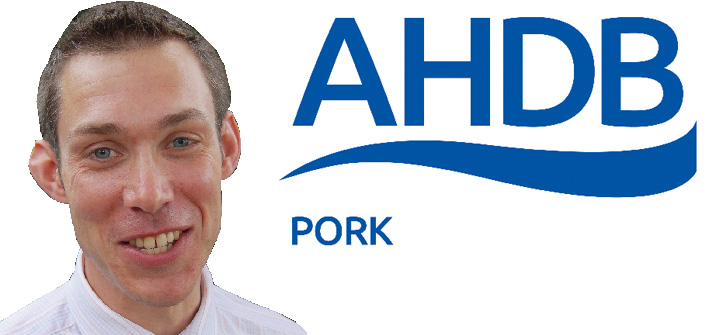Of late, the veterinary team has been busy with several large projects that require development and resource to get them up and running. While the team has been actively working on these projects, there’s one area in particular that has been preoccupying me.
Since April 2014, BPEX and the Pig Health and Welfare Council has been working on contingency planning in case of an outbreak of Porcine Epidemic Diarrhoea (PED) in the UK. The whole process has been a daunting task with a considerable amount of fact finding, planning, discussion and work to reach where we are now. It’s testament to the collaborative efforts of the whole industry: the NPA, PVS, BPA, APHA and Defra (among others) that we’ve achieved so much in a relatively short period of time.
The contingency plan, that has been prepared for England, has been created and published as part of a “living document” to reflect changes in thinking and approach to disease control as we learn more from the outbreaks in the USA, Canada and Asia.
Throughout the whole planning period, BPEX has been keeping in touch with contacts in North America to ensure we’re as up to date as possible in our thinking and approach to PED. In fact, we’ve found many countries across Europe are happy to exchange information, which is heartening when we consider that disease doesn’t respect boundaries or borders.
For me, this next month will be particularly busy as two key parts of the contingency plan are being launched. The first are the Standard Operating Procedures (SOPs), that outline the best practice measures which should be adopted in case of an outbreak within the British Isles. There are more than a dozen SOPs that outline, succinctly, the methods of control required for different aspects of pig production.
After long conversations, we decided a digital format for these is the most appropriate way of presenting them as we may still need to modify the advice being given if new information on PED spread emerges.
In addition to the SOPs, BPEX is launching the Significant Diseases Producers Charter, covering PED and swine dysentery (SD), to strengthen our position should PED reach our shores.
The charter has been created initially with two diseases in mind, but has the potential to be expanded to cover other non-notifiable disease as and when the industry requires it. The charter can be accessed through Pig Hub and allows producers to sign up to alerts of outbreaks within a three-mile radius.
The charter requires its members to accept the responsibility of notifying BPEX in the event of an outbreak of SD or PED, but this is in order to keep the industry, in particular charter members, informed and prepared. We’re hoping that the charter will be of benefit to the pig industry and that our sector is leading the way in our approach to controlling non-notifiable diseases.
More information can be found via: www.pedv.co.uk




